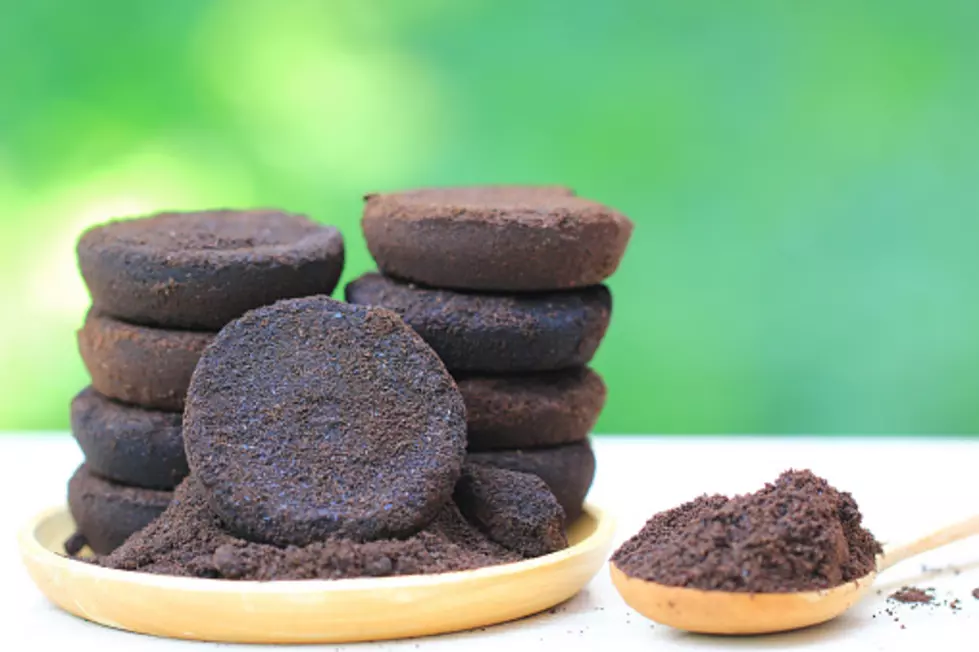
These Illinois Summer Plants Are Dangerous To Your Dog
We've got two dogs at our place, Lucy and Buddy, who spend a ton of time outdoors enjoying nature from the moment the weather turns nice in the springtime all the way until we hit winter temperatures in the teens.
We also have a pretty large amount of plants and flowers filling our backyard all summer, which prompted me to do some research on which Illinois summer plants and flowers could injure them (or worse) that I didn't know about.
It turns out that there are more than a few.
There Are Lists Everywhere Online That Talk About Foods That Are Toxic To Dogs, But Not Nearly As Many Places To Get Advice About Plants And Flowers To Keep Your Dog Away From
Most of us have heard that these foods are not good at all for dogs:
- Chocolate
- Garlic
- Tomatoes
- Onions
- Leeks
- Raisins
- Grapes
- Avocados
- Peaches and Plums (and all pitted fruit)
- Raw Potatoes
- Walnuts, Pecans, Almonds, Macadamia Nuts, Pistachio Nuts
But is a mouthful of flowers really going to cause your dog health problems?
Yes, depending on what flowers we're talking about.
Let's Get To The List Of Plants And Flowers You'll Find Here In Illinois That Can Cause Your Dog Health Issues Or Worse (If your pet has munched on any of these toxic plants for dogs, consult your vet immediately, or call the Animal Poison Control Center at 1-888-426-4435)
Here are some that you should avoid, in alphabetical order, along with what can happen if ingested (hat tips to ReadersDigest.com and ASPCAPetInsurance.com):
Aloe: Lethargy and upset stomach, including vomiting and diarrhea
Amaryllis: vomiting, depression, diarrhea, excessive drooling, abdominal pain, anorexia, and tremors
Azalea: vomiting, diarrhea, a drop in blood pressure, weakness, cardiac failure, coma, and can even be life-threatening
Calla Lily: oral irritation, a burning sensation on the tongue and lips, excessive drooling, vomiting, and difficulty swallowing
Daffodil: vomiting, hypersalivation, diarrhea, arrhythmia, convulsions, and low blood pressure
Daisy: vomiting, diarrhea, excessive drooling, incoordination, and dermal allergic reactions
Hyacinth: intense vomiting, diarrhea, depression, and tremors
Hydrangea: vomiting, depression, diarrhea, and other gastrointestinal disturbances
Iris: vomiting, drooling, lethargy, and diarrhea
Lily of the valley: vomiting, irregular heartbeat, reduced blood pressure, confusion and disorientation. In severe cases, it can even cause seizures or lead to a coma.
Milkweed: depression, weakness and diarrhea, as well as more intense reactions, such as seizures, breathing difficulty, organ failure and even death.
Morning Glory: vomiting and even hallucinations when large amounts are ingested
Rhododendron: excessive drooling, vomiting, loss of appetite, diarrhea, colic, depression, weakness, stupor, paralysis, cardiovascular collapse, or worse – your dog may become comatose or even die
Tomato plants: hypersalivation, severe upset stomach, depression, weakness, dilated pupils, and slow heart rate
Tulips: oral irritation, excessive drooling, and nausea
KEEP READING: Here are 6 foods from your cookout that could harm your dog
LOOK: Here Are 30 Foods That Are Poisonous to Dogs
More From WROK 1440 AM / 96.1 FM









